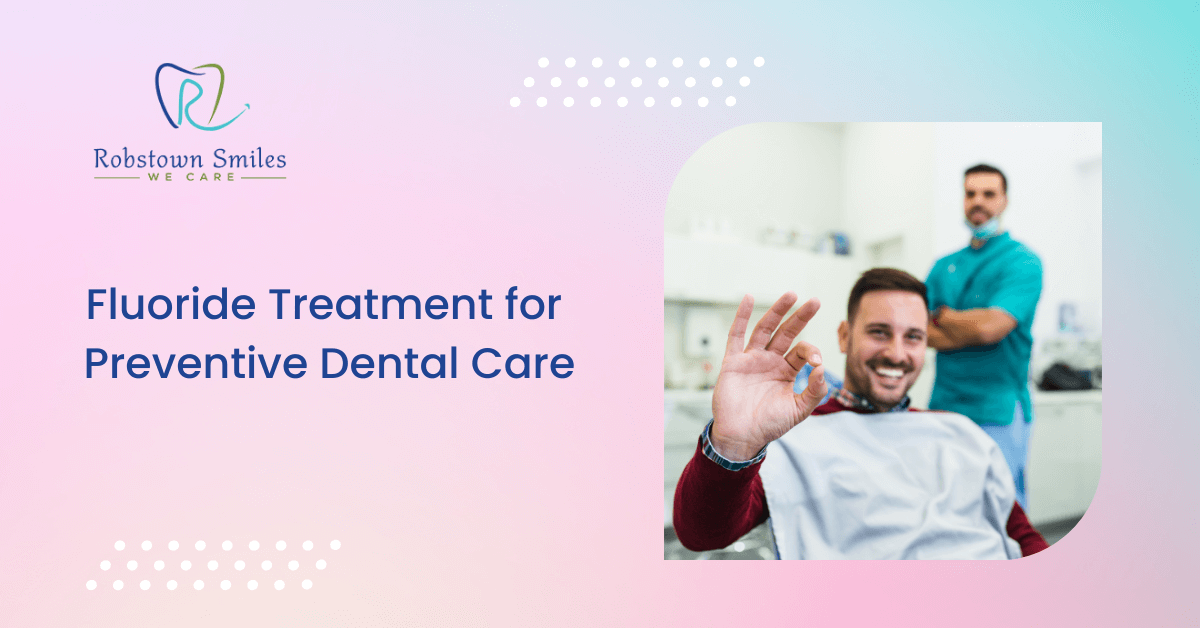Healthy, strong teeth produce bright smiles that motivate the people who wear them and see them. Numerous factors contribute to your dental health, and fluoride is one such important component. Read on to find out why!
What Is Fluoride?
Fluoride is a naturally occurring minerally present in drinking water and food like tea, coffee, fish, raisins, and grapes. The amount of fluoride present in water varies from region to region and usually does not contain an adequate amount of fluoride. Fluoride is now an essential ingredient in toothpaste and mouth-rinse liquids.
Why do Teeth need Fluoride?
Fluoride helps prevent tooth decay because it enables tooth enamel – the outer protective layer of teeth – to stay healthy. Fluoride makes your teeth resistant to bacteria that produce harmful acid and makes plaque easily removable from your teeth. If used with the correct treatment, fluoride can reverse the loss of minerals in your teeth and stop any further decay. Fluoride is also essential to strengthen developing teeth in children.
Don’t forget to read: What Causes Gum Disease?
Forms in which Fluoride is Available
You can ensure that your teeth get enough fluoride by using fluoridated toothpaste and mouthwash. While you can usually get these from your local pharmacy, a doctor’s prescription is required to buy the ones with higher fluoride concentration. Fluoride supplement pills and liquids can also be purchased only after they are prescribed to you.
Like all other medications, there is such a thing as too much fluoride, which can have adverse side effects. It is never a bad idea to consult with a dentist first, regardless of the concentration level, and get regular check-ups.
What Happens in Fluoride Treatments?
Your dentist must be thoroughly familiar with your dental history to choose the proper treatment. Professional fluoride treatments are typically administered through rinsing liquids, foam, varnish, or gel with highly concentrated amounts of fluorine. The process doesn’t take long, although the level and regularity of the treatment depend on the doctor and you.
People often wonder which is the better option between self-administering fluoride through regular means and going for proper treatment. Ideally, the answer is a combination of both!
To consult a dentist on fluorine treatments or schedule an appointment with Robstown’s dental office, reach out to Robstown Smiles anytime at 361-933-0124!

